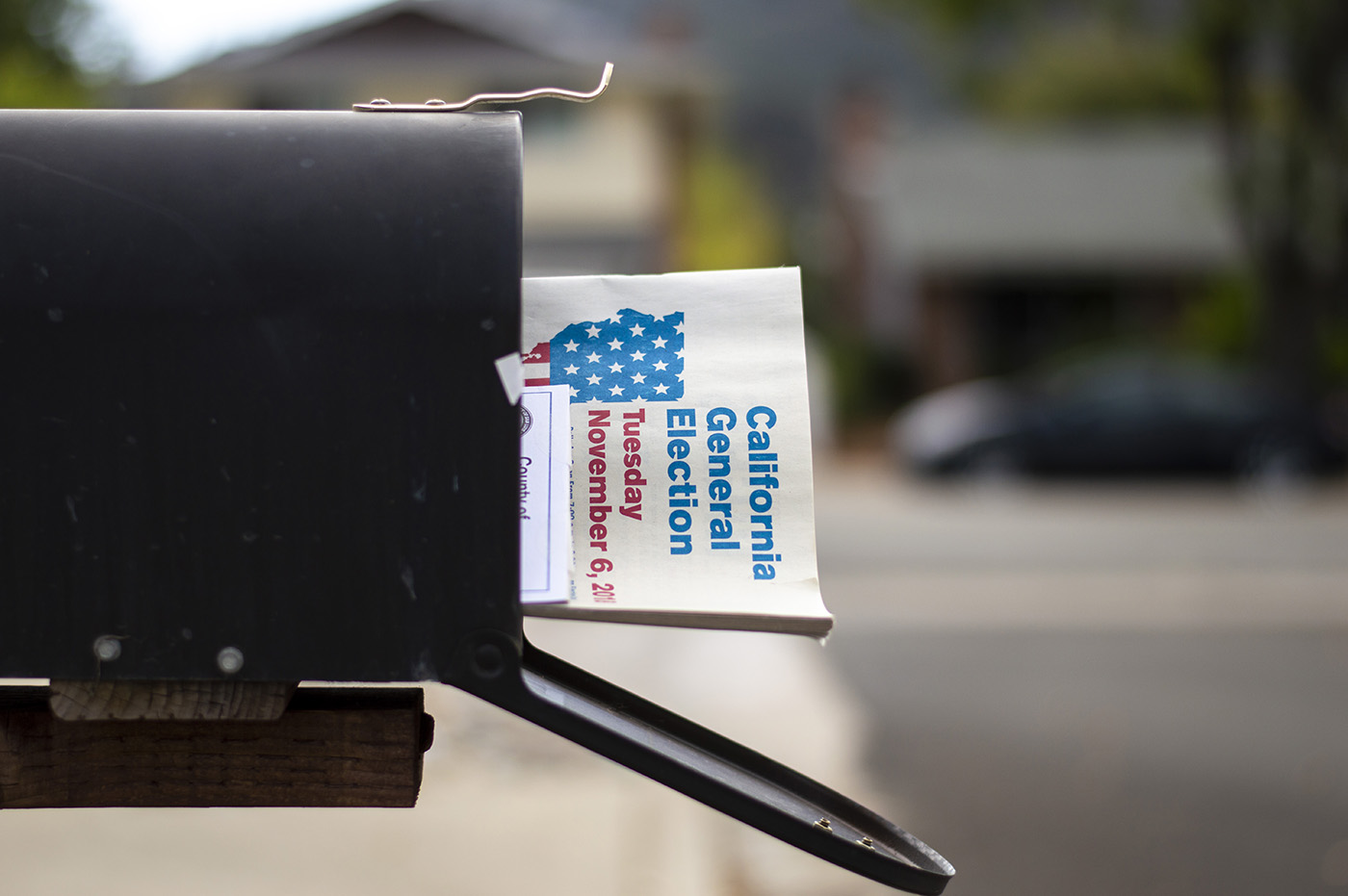California District Assemblymember Evan Low from Silicon Valley reintroduced an amendment to lower the voting age in California from 18 to 17.
“It is our responsibility to inspire the next generation to become active and informed voters,” Low said in a news release. “Lowering the voting age will hook students while they are young, connected to their hometowns and learning about the legislative process.”
Young voters historically have the lowest turnout rates at the polls. According to the US Census Bureau, in 2016 the 18-29 age demographic had the lowest voting rate at 46.1 percent, 12.6 percentage points behind that of the next closest age group.
The idea of this amendment is that civic engagement becomes a habitual part of young people’s lives before they have too many distractions, according to political science professor Michael Latner.
“Eighteen to 24 is a really important time for individuals going through adulthood. You’re moving out for the first time. You’re going through college. You’re starting your first full-time job,” Latner said. “It’s all about your individual resources and so people are thinking less civically, certainly compared to older adults who have more time on their hands, who pay more taxes, and who feel like they have a bigger stake in society.”
This age group also has the highest change in voter population each year, according to 2016 US Census data. From 2012 to 2016, roughly 8,978,000 new voters became eligible to vote and a little more than half of that group was present at the polls. Supporters of a lowered voting age believe the possible new amendment can get young people into a culture of civic engagement early.
Low’s intention is to get people voting regularly at a young age in the hopes that this will lead to habitual young voters who show up to the polls consistently.
“There’s a magic number in voting cycles that says that if people vote three times in a row, they’re likely to become habitual voters for the rest of their lives,” Latner, who focuses on political participation and representation, said.
Opposition to the proposed amendment asserts that it would just add to the democratic electorate in California.
“Conventionally, younger people vote more democratic, so some might see this [amendment] as benefitting the Democratic party … But the data we have on young people tends to show that the younger they are the more likely they are to just copy their parents voting patterns,” Latner said. “So I don’t think you’re gonna be pulling a lot of folks into one party camp or another because their votes will probably just mirror their parents’ voting behavior.”
California already implemented voter pre-registration, meaning that 16 and 17 year-olds can register to vote so that once they are 18, there are fewer obstacles to prohibit them from civic engagement.
“If you’re registered to vote, it means you’re receiving voting materials from the secretary of state,” Latner said. “It’s about socializing young people into the routine of being a voter … so that when they’re legally able, they’re making informed decisions.”
For that reason, it is not unlikely that this gets passed into law, according to Latner.

